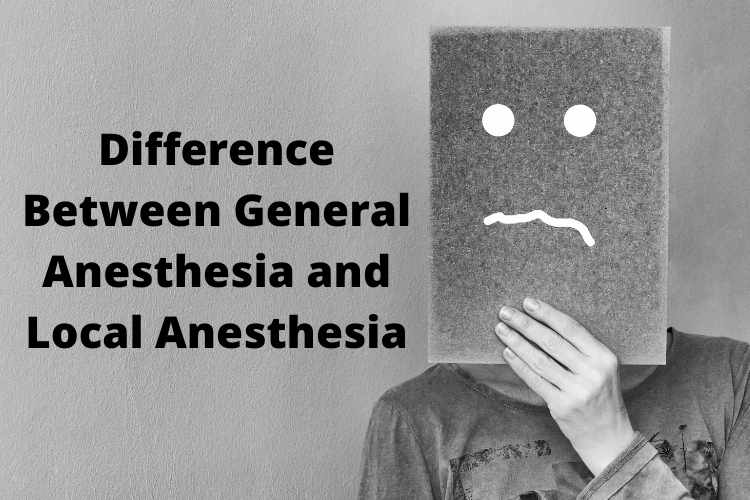Anesthesia is a temporary loss of sensation. It includes analgesia, amnesia, and unconsciousness. There are various types of anesthesia, but in this post, we will be discussing majorly general and local anesthesia.
Doctors who study the science of anesthesia are known as anesthesiologists; they are responsible for Pain & Anesthesia Care during a surgical procedure.
Local Anesthesia:
Local anesthesia involves the numbness of a particular part of the body. Moreover, these drugs are helpful in the treatment of painful conditions and prevent pain during surgery. However, in general, it doesn’t cause loss of consciousness. The recovery period is faster as it stops the nerves in parts of the body that send signals to the brain. These are usually given in case of mouth ulcers and sore throats.
General Anesthesia:
General anesthesia is usually a combination of medications that puts the complete body under sleep during the surgery. Under its influence, the body does not feel any pain and becomes completely unconscious. These are given in procedures that result in significant blood loss or take a long time. These drugs cause muscle relaxation and abolition of reflexes.
Side effects:
Local anesthesia:
These drugs might cause temporary side effects like:
- Dizziness
- Headaches
- Blurred vision
- Twitching muscles
General Anesthesia:
The drugs are reversed to wake the patient and cause a feeling of little confusion. Common side effects include:
- Nausea
- Vomiting
- Dry mouth
- Sore throat
- Muscle aches
- Itching
In excessive doses, anesthesia may lead to medullary paralysis causing respiratory failure. It can also lead to coma.
Recovery:
- Local anesthesia: recovery generally lasts on the type of anesthetic used. However, 4-6 hours are required for the drug to wear off. Some patients complain that recovery can be painful.
- General anesthesia: a general anesthetic requires more time; the patient wakes up after a few hours past surgery but to eliminate general anesthetic entirely from the system requires a few hours and can take up to 24 hours.
Safety:
Both the techniques are relatively safe.
- Local anesthesia: if given in the right amounts, it is very safe and effective to numb small areas. However, in the wrong doses, severe side effects can be observed.
- General anesthesia: it is an overall safe process; people with severe health conditions can also undergo general anesthesia. In some patients, an allergic response may occur to the anesthetic.
I hope this article clearly define the the Difference Between General and local anesthesia, when administered correctly, shows no complications. It also makes the surgery easy and comfortable for the surgeons.

